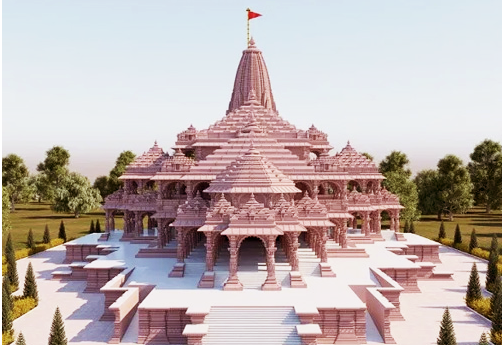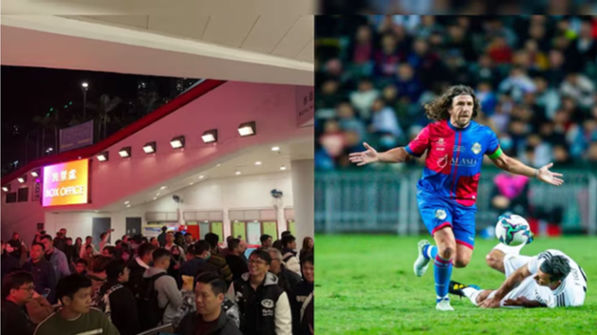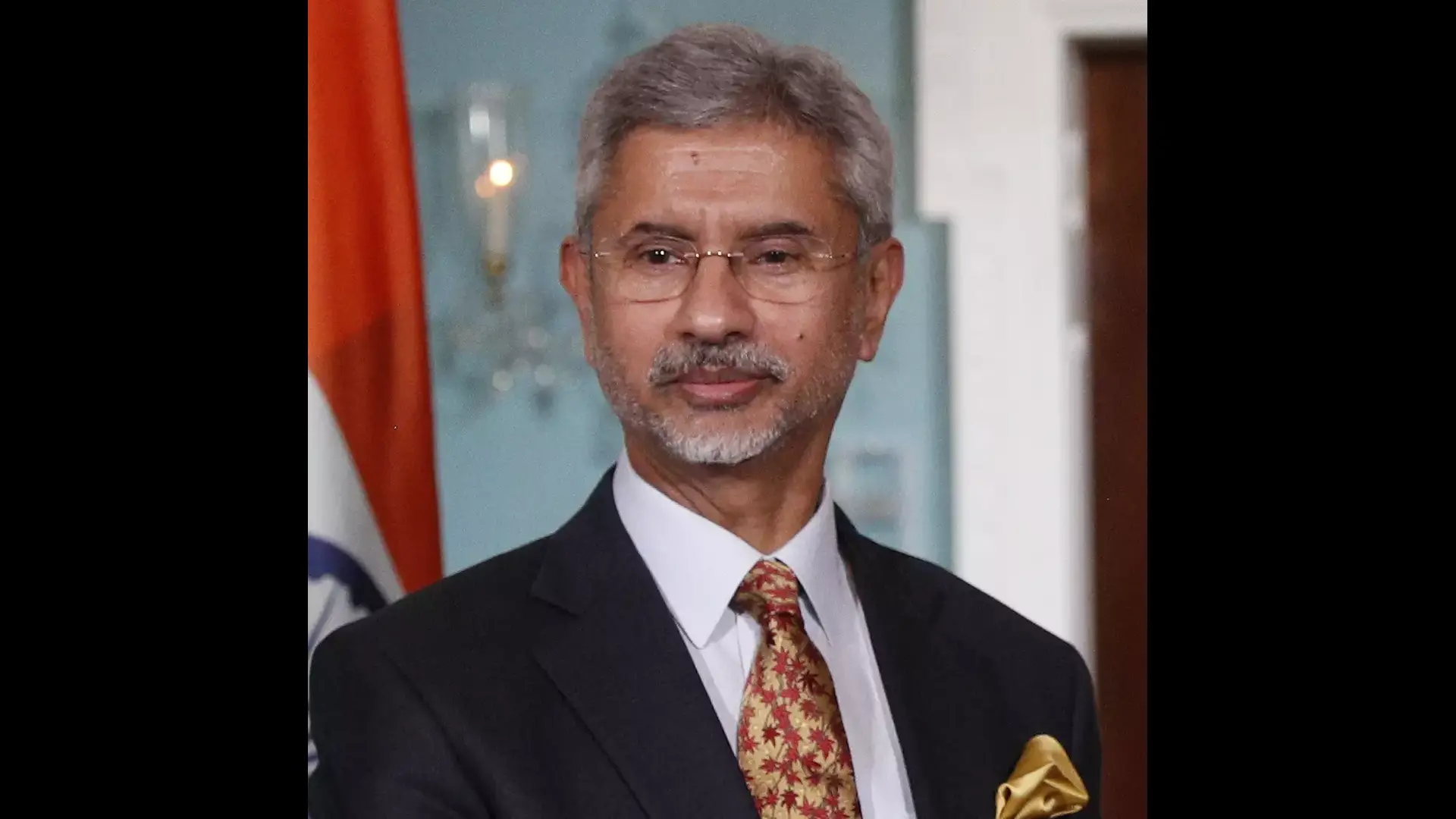The disputed site in Ayodhya, Uttar Pradesh, where the Babri Masjid stood for centuries until its demolition in 1992, is at the centre of the historical and contentious legal controversy known as the Ram Janmabhoomi case. Muslims and Hindus are battling it out for control of the property; the Hindus claim it is the birthplace of Lord Ram and want to build a temple dedicated to him. It remained one of the longest-running battles in India’s legal history has just concluded. The Ayodhya title dispute began with the filing of its first case 134 years ago.
Background:
General Mir Baqi, who served in the army of Mughal emperor Babur, built the Babri Masjid during the 16th century. Tension between communities and religions has long resulted from the contested location. The mosque’s grounds were locked in 1949 when Lord Ram idols were secretly brought within. There were several court cases that followed.
Legal Proceedings:
The legal struggle gained prominence in the 1980s as the Vishwa Hindu Parishad (VHP) and other Hindu organizations intensified their call for constructing a Ram temple at the contested site. The earliest documented legal episode in the Ayodhya dispute traces back to 1858. On November 30, 1858, Mohd Salim filed an FIR against Nihang Sikhs who had placed their nishan and inscribed “Ram” inside the Babri mosque, conducting havan and puja. The thanedar of Avadh, Sheetal Dubey, verified the complaint on December 1, 1858, confirming the construction of a chabutra (platform) by the Sikhs. This marked the initial documentary evidence of Hindus being present not just in the outer courtyard but also within the inner courtyard.
The legal saga resumed in 1885 when Faizabad Deputy Commissioner denied Mahant Raghubar Das permission to construct a temple adjacent to the mosque. Das subsequently filed a title suit in a Faizabad court against the Secretary of State for India, seeking approval to build a temple on the Chabutra in the outer courtyard of the Babri Masjid. In 1986, a district judge ordered the unlocking of the mosque, permitting Hindus to worship the idols inside. The year 1992 witnessed the demolition of the Babri Masjid by a Hindu mob, leading to widespread communal violence in India. Subsequent to the demolition, multiple cases were filed in various courts, including the Supreme Court. The legal dispute over the title has endured for over a century.
‘Shri Ram Janmbhoomi ka Romanchkari Itihas’ is 90 years old booklet which gives such fascinating account of the grit and valour of Hindus to protect and take back the Ram Mandir. In one battle at RamJanmBhoomi 1,76,000 Hindus gave their life to protect Ram Mandir from Babur army. pic.twitter.com/XsbFhsPKcT
— योगी अरविन्द 🇮🇳 (@yogi_arwind) February 7, 2020
Booklet refers to Tujuk Babri where Babar says that Pandit Devideen Pandey showed great valour protecting RamJanmBhoomi and alone killed 700 Mugal soldiers!
Hindus shall be always indebted to such great heroes whose names we don’t even know but have laid their life for Dharma! pic.twitter.com/Ktx3maREjK
— योगी अरविन्द 🇮🇳 (@yogi_arwind) February 7, 2020
Land Title Dispute:
Identifying the true owner of the contested land was the main legal question. A decision on the land title issue was made by the Allahabad High Court in 2010. The court awarded the Sunni Waqf Board, the Nirmohi Akhara, and the group representing the god Ram Lalla Virajman (young Lord Ram) three equal portions of the contested territory.
Supreme Court Verdict (2019):
The Allahabad High Court ruling was appealed to the Supreme Court by the parties who were unhappy with it. On November 9, 2019, the Supreme Court issued a major decision, unanimously approving the construction of a Ram temple at the contentious location. The government was instructed to give the Sunni Waqf Board an alternate five-acre plot for the construction of a mosque after the court recognised the importance of the contested land to the Hindu faith.
Legal analysis of historical, archaeological, and theological data served as the foundation for the Supreme Court’s ruling. It highlighted the value of preserving social harmony while attempting to put an end to a protracted disagreement.
Aftermath:
The Ram temple in Ayodhya started to take shape after the Supreme Court’s decision. In August 2020, the foundation stone of the temple was placed by the government, which established the Shri Ram Janmabhoomi Teerth Kshetra Trust to supervise the built work.
A complex historical and religious disagreement was attempted to be resolved through the legal system, and the Ram Janmabhoomi case resolution is regarded as a major legal milestone in India.
January 22, 2024 is the day that the consecration ceremony for the Lord Ram idol’s placement in the garbhagriha is planned for. Today, the eagerly anticipated temple will be officially opened by Prime Minister Narendra Modi very soon.







